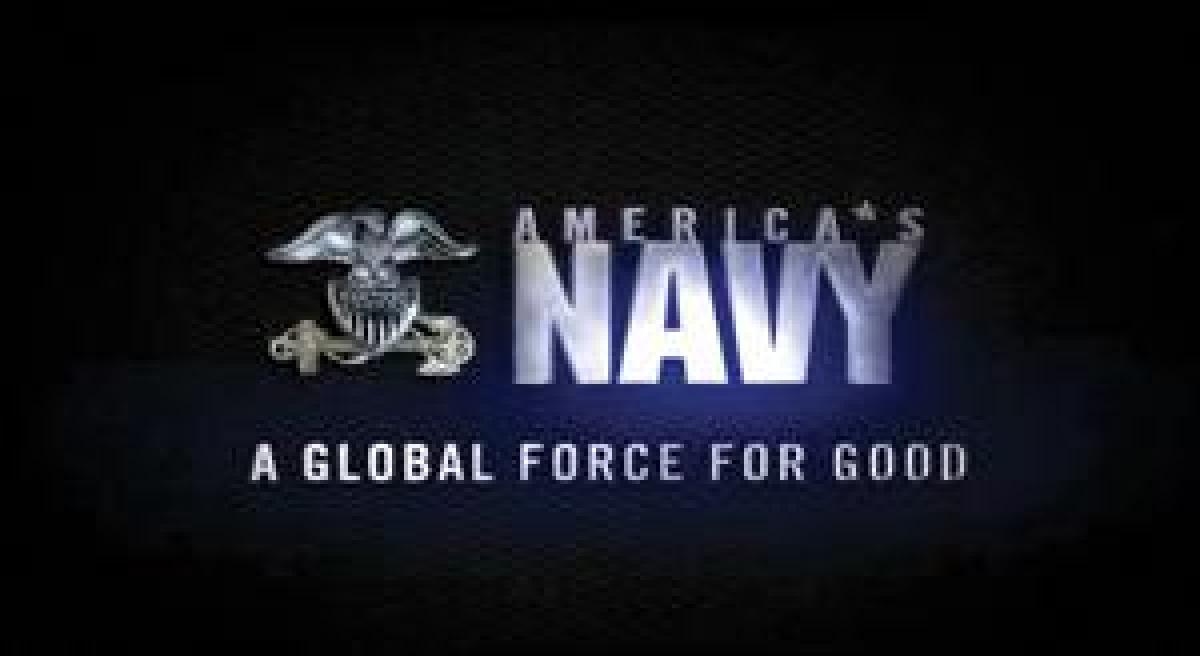At the ripe old age of 234, the Navy suffers from an identity crisis. Efforts to answer the simplest questions—who we are and what we stand for—never end. A simple, consistent message has long perplexed us.
For an example of service identity, we should look to the Marine Corps. Its advertising has had a simple message for a long time: the Marine Corps is tough, it will make you tougher, and you'll serve a higher purpose. That's a straightforward message based on fundamental beliefs and an unwavering culture.
The Marine Corps' message hasn't changed because Marines know their identity. They understand who they are and what their mission is, and those things haven't changed. They owe no apologies for being so uncomplicated, and, to their credit, they offer none.
The Navy's message is far less clear. Recruiting messages have changed from Sailors having more fun, to some obviously forgettable themes, to a message about accelerating one's life, and now to "America's Navy: A Global Force for Good." The problem with those themes is their inconsistency. We keep trying to match our message to the desires of the next generation, failing to realize that people are basically the same, generation to generation. Until we discover our own unwavering identity, we'll be forever playing catch up.
Overarching generational attitudes may vary, but military service continues to attract young people for the same reasons it always has: patriotism, opportunity, training, benefits, discipline, travel, and personal improvement. As appealing as "a global force for good" may be, it does not invoke any core motivations.
The lack of a consistent identity results in different messages for our Sailors and civilians and those we hope to attract to our service. Last year, the Navy introduced the Navy Ethos, which attempted to answer the question of who we are. This is a message to our force, not to those on the outside, and it should be viewed inquisitively. While the focus on who we are is welcome, one wonders why a new philosophy was needed when we already had two.
The Ethos mentions our core values of honor, courage, and commitment. Those three words, adopted in 1992, mean an awful lot to those who take time to think about and apply them personally. We also have the Sailors' Creed, adopted a year later, which provides a more focused statement of who we are as members of the Navy. The Ethos did not replace the Creed or the core values, it failed at improving on them, and it hasn't caught on within the service.
Unlike the core values and the Creed, the Ethos is not recited or incorporated in training. The only thing it accomplished was to provide a common stated purpose for our uniformed and civilian professionals, but we continue to have different messages for those in our organization, and those we seek to recruit.
Looking again at the Marines, it's impossible to find a Marine who doesn't know, and routinely utter, the Marine Corps motto. Even non-Marines and civilians recognize the term Semper Fidelis, more commonly expressed as Semper Fi. Similarly, one cannot find a Coast Guardsman who doesn't know and understand the phrase Semper Paratus. If the other maritime services have such a motto, the Navy must have one too, right? Considering the lack of consistency in the Navy's internal and external messages, it's not surprising that we have no such guiding principle.
According to the Naval History & Heritage Command, the Navy has no official motto, however, Non sibi sed patriae (Not self but country) is sometimes given that distinction. Another unofficial motto is sometimes found on the Internet: Semper Fortis, or Always Strong.
Always Strong! That's an appropriate, consistent message fit for the world's greatest Navy. Our Navy, Sailors, and civilians must be Always Strong! It applies to all that we are and all that we do. To succeed, we must each be physically, emotionally, intellectually, and morally strong, always. In training, peace, and combat, strength is important. We don't need a new message, or differing internal and external messages.
What we need is a consistent message. We need to be Semper Fortis!




